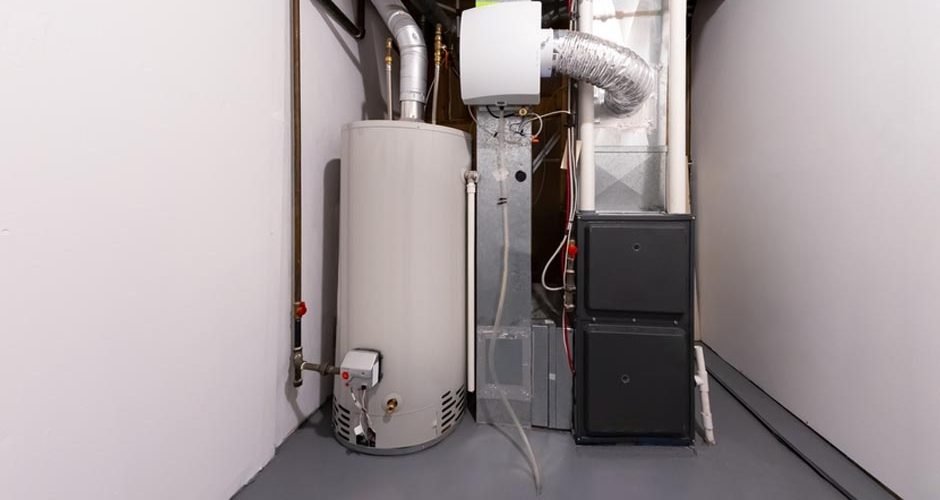Running out of hot water is always frustrating for businesses that depend on it to operate successfully, which is why finding the ideal-sized water heater for each entity is crucial.
So, for businesses that rely on a consistent hot water supply, it’s essential to consider storage capacity when choosing the right water heater size.
For expert water heater advice and services, visit https://jblantonplumbing.com/commercial-water-heater/.
Table of Contents
Tank size
Commercial water heaters must not only store enough water to meet peak demand but also work quickly enough during busy periods to meet those demands.
A commercial water heater with an FHR (first hour rating) will inform you how many gallons it can produce per hour from its whole water supply, making comparing tanks easier. This number will be helpful when making decisions based on these specifications.
Experienced commercial water heater sizing professionals are essential for accurately determining the type, BTUs, gallon capacity and physical size necessary for an application. A knowledgeable sizing professional will consider peak operating hours, usage habits and available space when making this determination — providing your business with consistent hot water throughout its day-long operation.
First hour rating (FHR)
FHR, or first hour rating, of a water heater, measures the maximum volume it can produce in one hour from starting with a full tank of hot water. As peak usage occurs in commercial buildings, demand for hot water increases quickly and must be met promptly. If too small a size heater is chosen, it won’t provide enough hot water, while too large could increase upfront capital costs and long-term operating expenses.
Manufacturers provide online worksheets or calculators to aid with sizing hot water systems in a business, which provide estimates of how much hot water may be required during an hour of peak operation (known as dump load) when all appliances are operating at total capacity.
It also estimates the maximum hourly peak load quantities required per hour of peak operation (also called peak load). Utilizing the worksheet, an engineer can determine the suggested storage tank size and recovery rate needed to accommodate peak-hour demand.
However, a smaller storage tank and recovery rate than recommended may be necessary depending on building restrictions — such as space limitations or access to the desired fuel source.
As a rule of thumb, a tank should have an hour rating that equals or surpasses your maximum demand multiplied by the recovery rate. This calculation considers that as hot water is used up, new cold water enters and mixes with existing hot water within the tank to dilute any previous heating effect.
Water heater types and storage capacities
There are various types of commercial water heaters available, each with its own amount of storage capacity and advantages tailored to different business needs.
Storage tank water heaters
The most common type of water heater, the storage tank water heater, operates by storing and heating a large volume of water in a tank, usually between 20 to 80 gallons. It maintains the water at a fixed temperature and can deliver hot water on demand. However, once the tank is depleted, it needs time to refill and heat the new water.
Tankless water heaters
Tankless water heaters heat water directly, as such, they have no storage tank. They can provide 2 to 5 gallons of hot water per minute. When a hot water tap is turned on, cool water travels through a pipe into the heater. From there, an electric element or gas burner heats the water. Thus, tankless water heaters deliver a constant supply of hot water.
Heat pump water heaters
Heat pump water heaters use electricity to move heat from one place to another, making them more energy-efficient. They typically come with storage tanks of 50 to 80 gallons. They can be standalone units with built-in water storage tanks or add-ons — enabling a conventional type of water heater to be more energy-efficient.
Solar water heaters
Solar water heaters use the sun’s energy to provide hot water for businesses. These systems include solar collectors and storage tanks that range from 80 to 120 gallons. They’re highly efficient and environmentally friendly but require a backup system for cloudy days.
Condensing water heaters
Condensing water heaters are an ideal solution for businesses with high hot water demands. They operate by capturing heat from the flue gases and can typically store 55 to 98 gallons of water. This process would otherwise escape through the chimney in a conventional water heater, making them more energy-efficient.





